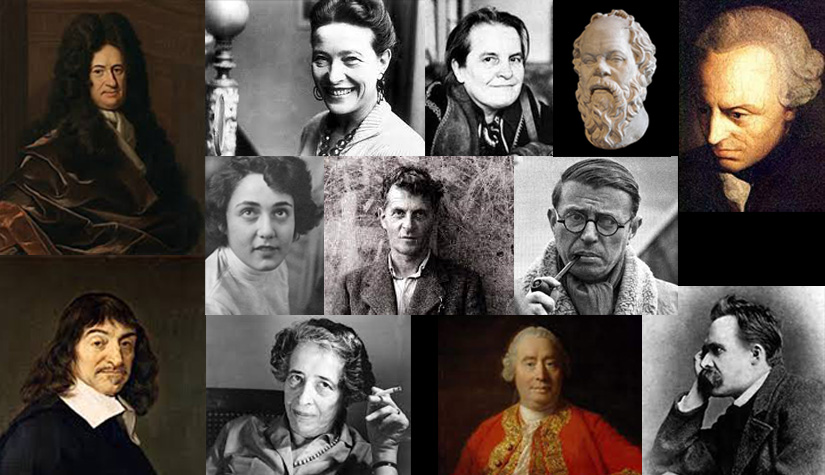The main focus of our research practice is on producing peer-review publications and organising international research events, in particular, research workshops and guest talks.
Recent papers by our faculty have been published in leading journals such as: Philosophical Studies, Analysis, The Journal of Philosophy, Philosophical Quarterly, Synthese, Ergo, Kant Studien, Hegel Studien, The Kant Yearbook, Hegel Bulletin, Ethical theory and moral practice, Archiv für Geschichte der Philosophie, Ratio, Topoi, Episteme, Philosophia.
The Institute normally holds around 6 research conferences per year with leading international researchers. Recent events include workshops on:
- Epistemology and AI
- Rational Reflection
- Philosophy & Naturalism
- Norms & Nature
- Kant’s Concept of Metaphysics
- Philosophical Foundations of Federalism
- Language Truth and Meaning in Kant
We also host a regular visiting speaker seminar series, which holds 6 guest lectures per year by philosophers from all over Europe. Recent speakers include: Sachca Golob (King’s College London), Laura Gow (Liverpool), Bence Nanay (Antwerp), Paulina Sliwa (Vienna), Fabrice Teroni (Geneva).
